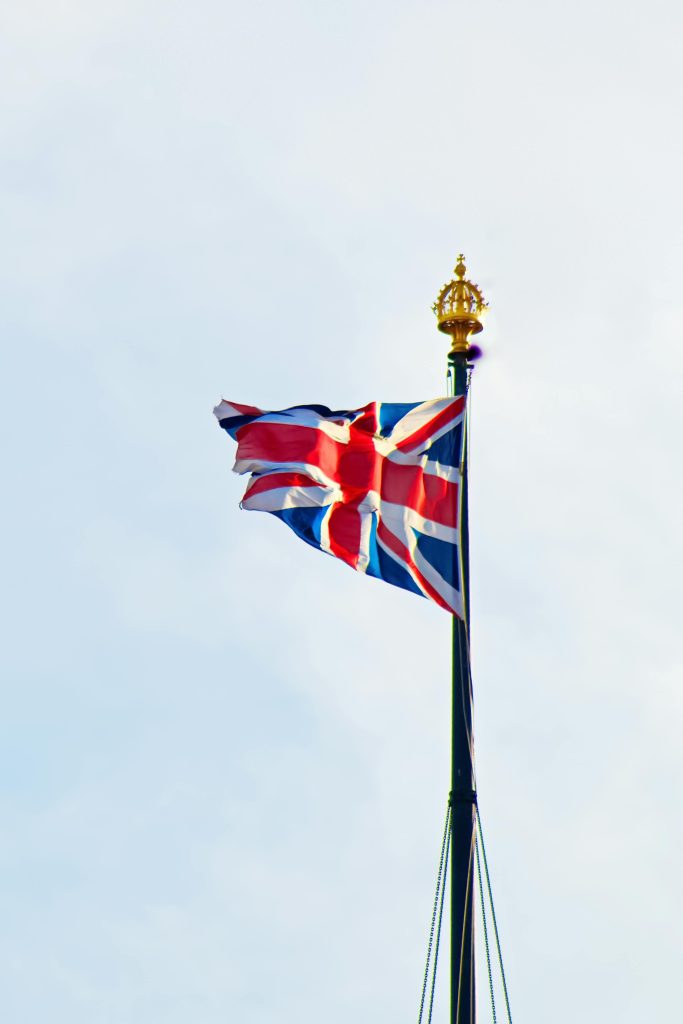
Here are 10 British cultural social norms
1. Queuing patiently in queues
Waiting in a Queue
In Britain, people wait in queues very patiently without trying to go in front of others. Queue-jumping is considered extremely rude behaviour that shows no respect for others. Even if the queue is very long, British people will wait calmly for their turn.
2. Using “please” and “thank you”
Polite Words
The words “please” and “thank you” are used constantly by British people of all ages. From a young age, children are taught to always say these polite words. “Please” is used when asking for something, and “thank you” shows gratitude after receiving it. Using these words makes interactions more kind and respectful.
3. Avoiding swearing in public
Public Language
British people generally avoid using profane or vulgar language in public places where children or other people may overhear. Swearing loudly on the street or in shops and restaurants is seen as uncouth behaviour lacking in decorum. More polite language is expected in shared spaces.
4. Keeping distance from others
Personal Space
British people prefer to keep some distance between themselves and others, especially people they don’t know well. They feel uncomfortable if others stand too close or make unnecessary physical contact like touching their arm. Having personal space is considered important.
5. Being on time
Punctuality
It is very important in British culture to be on time for things like work meetings, appointments with the doctor, or social events with friends. Being even a few minutes late is seen as rude and disrespectful of the other person’s time. Punctuality shows good manners.
6. Holding the door open
Door Etiquette
It is considered polite in Britain to hold the door open for the person behind you, allowing them to pass through first. This small courtesy applies to doors at shops, restaurants, office buildings and other entrances. Not holding the door is seen as inconsiderate.
7. Football as the national game
Football Fandom
Football (soccer) is deeply ingrained as the national sport and cultural obsession in Britain. From an early age, many British people closely follow and passionately support their local club teams as well as the national squads. Going to matches, analyzing tactics, and debating football are core parts of the culture.
8. Not littering
Public Cleanliness
Littering or dropping rubbish on the streets is considered highly unacceptable in British society. There is an emphasis on public cleanliness and using the proper litter bins to dispose of trash. Leaving behind litter shows disrespect for shared spaces.
9. Congratulating the winner
Good Sportsmanship
After a sporting competition or game, it is expected that the person or team who lost will congratulate the winner politely. They should be a “good sport” by saying “well done” or “congratulations” without making excuses or being a sore loser. This shows good sportsmanship.
10. Saying “sorry” often
Frequent Apologies
You will notice that British people say the word “sorry” very frequently, even over small things that don’t seem like major issues. Saying “sorry” is used as a polite way to prevent potential conflicts or acknowledge minor mistakes. It helps keep interactions smooth.
More information on British Culture form the British Council (Portugal)
Here’s a 10 question British culture quiz
- What is the British term for standing in line?
- If someone holds the door open for you in the UK, what should you say?
- Which sport is considered the national game of Britain?
- True or False: It’s acceptable to use profanity in public places in Britain.
- When greeting someone new, British people tend to:
a) Hug them
b) Shake hands
c) Kiss on the cheek - If you’re running late for an appointment, what’s the polite thing to do?
- What percentage is a typical tip for good service at a restaurant?
- Which of these is NOT considered a British social norm:
a) Holding the door open
b) Littering
c) Using “please” and “thank you” - True or False: Public displays of affection like passionate kissing are widely accepted.
- Complete the phrase: “Mind your…”
ANSWERS
Answers:
- Queuing
- “Thank you”
- Football (Soccer)
- False
- b) Shake hands
- Apologise (“Sorry I’m late”)
- 10%
- b) Littering
- False
- “…p’s and q’s” (meaning mind your manners – or “pleases and thank yous”)
Photos
Photo by Damir Mijailovic:





